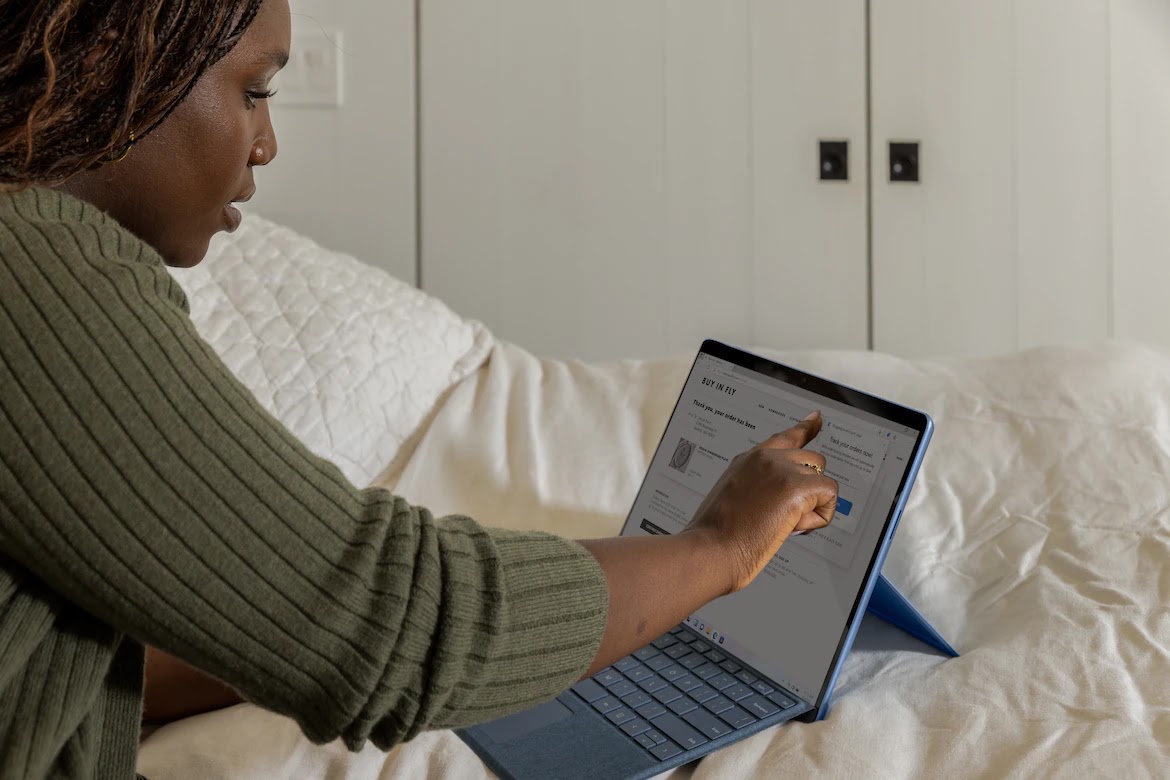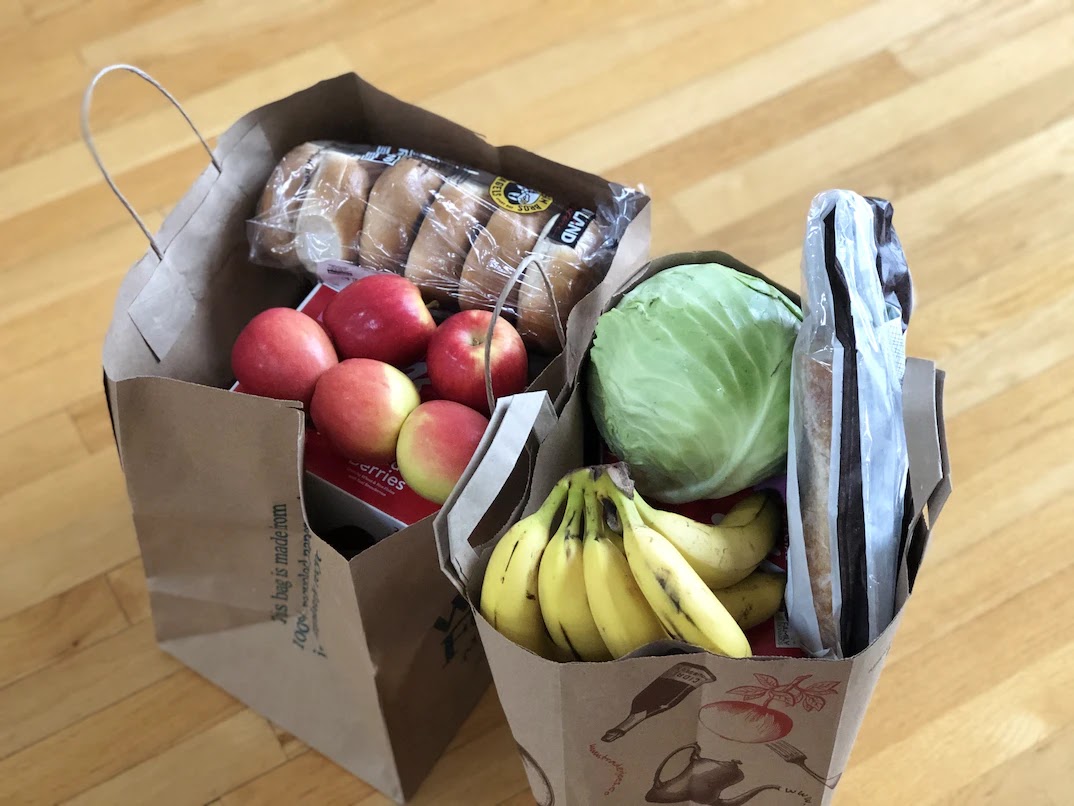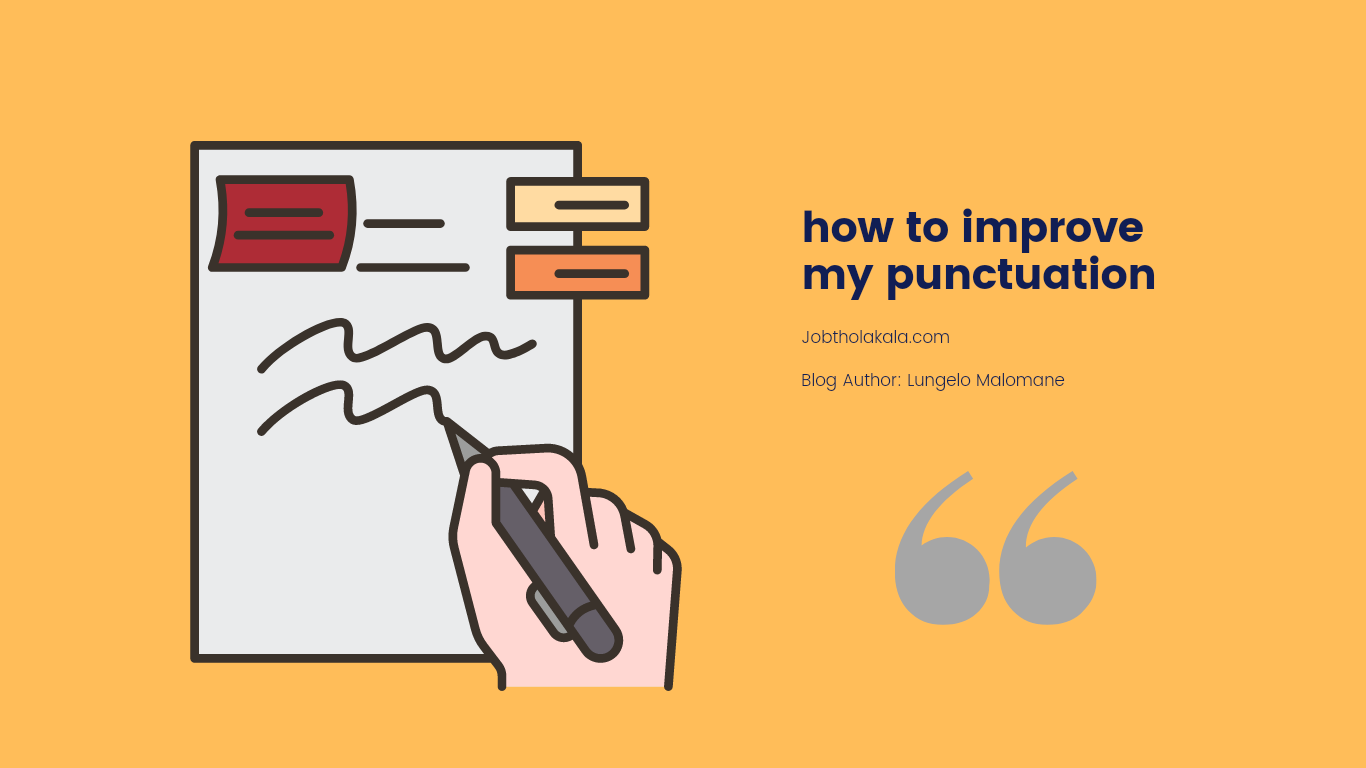 |
| The 5 most important things to consider when starting a business |
When starting a business, there are several crucial factors to consider. Here are the five most important things:
Market Demand and Target Audience: Before starting a business, it's essential to thoroughly research and analyze the market demand for your product or service. Identify your target audience, understand their needs, and assess the competition. Determine if there is a viable market for your offering and ensure there is sufficient demand to sustain your business.
Business Plan and Strategy: Develop a comprehensive business plan that outlines your goals, objectives, target market, marketing strategies, financial projections, and operational plans. A well-defined plan will guide your business decisions and help secure funding if needed. Additionally, establish a clear strategy to differentiate your business from competitors and create a unique value proposition.
Financial Considerations: Assess the financial feasibility of your business idea. Determine the startup costs, ongoing expenses, and potential revenue streams. Calculate the return on investment (ROI) and create a realistic financial forecast. Consider funding options, such as personal savings, loans, investors, or grants. Ensure you have a solid financial plan to sustain your business until it becomes profitable.
Legal and Regulatory Requirements: Familiarize yourself with the legal and regulatory requirements relevant to your industry and location. Register your business, obtain the necessary permits and licenses, and ensure compliance with tax obligations. Consult with legal and accounting professionals to navigate any complex legal or financial matters and protect your business's interests.
Team and Skills: Building the right team is critical to the success of your business. Assess your own skills and expertise, and identify any gaps that need to be filled. Determine the key roles and positions required and recruit talented individuals who align with your business vision. Surround yourself with a competent and dedicated team that can help you execute your business plan effectively.
While these are the top five considerations, starting a business involves many other factors, such as marketing, operations, technology, and customer acquisition. It's important to continue learning and adapting as you embark on your entrepreneurial journey. Seeking advice from mentors, attending business workshops, and staying informed about industry trends will further enhance your chances of success.













